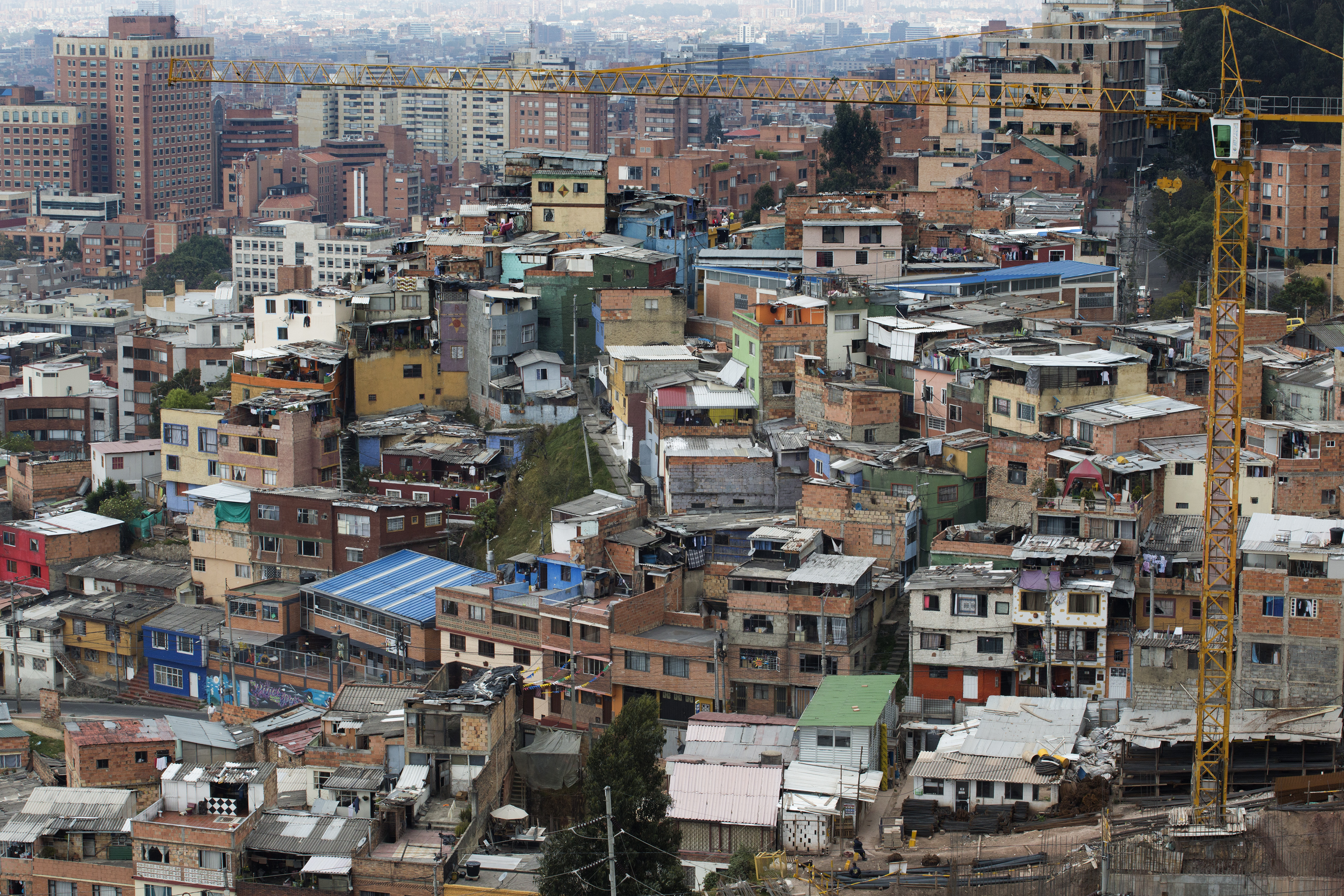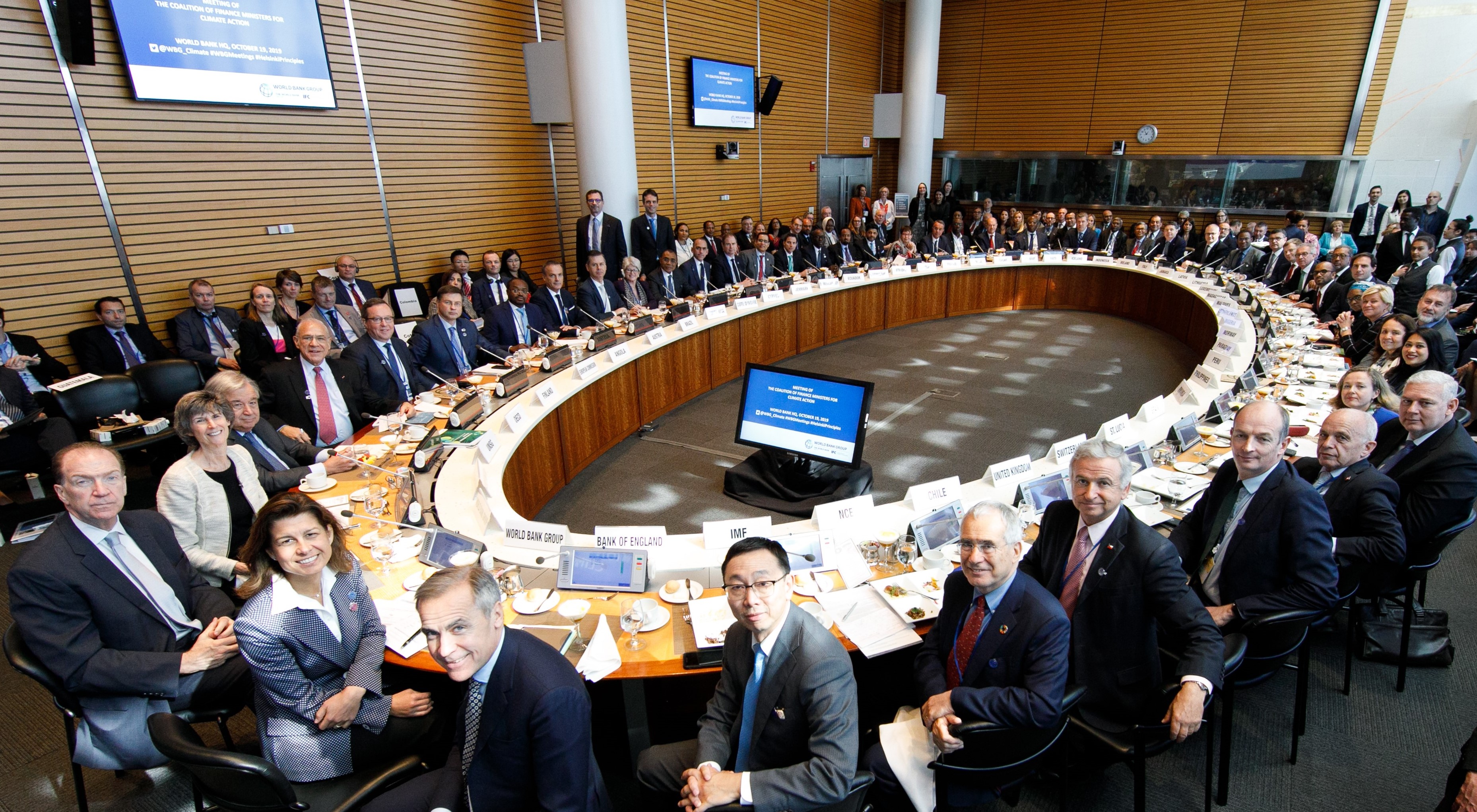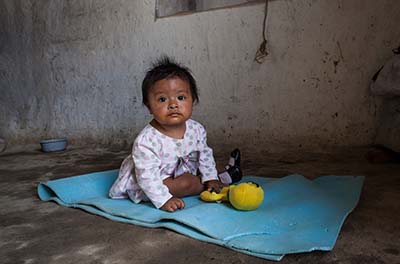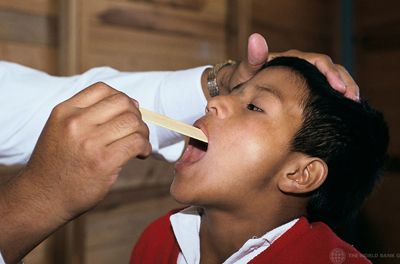AS KNOWLEDGE RECIPIENT (DEMAND)

Latin America and the Caribbean Housing and Habitat South-South Knowledge Exchange
There are serious constraints to guaranteeing adequate housing in the Latin America and Caribbean (LAC) region. The housing shortage problem is a result of (i) historically insufficient stock of available houses for the population - i.e. quantitative housing deficit; (ii) new demand (e.g.

Action Learning Support to CAPE – Climate Action Peer Exchange
Climate Action Peer Exchange (CAPE) is a forum for peer learning, knowledge sharing, and mutual advisory support.
Providing country: China, Colombia, Tanzania, Kenya, Uganda, St. Kitts and Nevis, Chile, Morocco, Vietnam, Argentina, Austria, Bangladesh, Canada, Costa Rica, Cote d'Ivoire, Denmark, Dominican Republic, Ecuador, Equatorial Guinea, Ethiopia, Finland, Fiji, France, Germany, Ghana, Guatemala, Greece, Iceland, Indonesia, Ireland, Italy, Jamaica, Kenya, Latvia, Lithuania, Luxembourg, Madagascar, Maldives, Marshall Islands, Mexico, Monaco, Netherlands, New Zealand, Nigeria, Norway, Panama, Paraguay, Philippines, Poland, Portugal, Spain, Sri Lanka, Sweden, Switzerland, Tonga, Uganda, United Kingdom, Uruguay
Receiving country: China, Colombia, Tanzania, Kenya, Uganda, St. Kitts and Nevis, Chile, Argentina, Austria, Bangladesh, Canada, Chile, Colombia, Costa Rica, Cote d'Ivoire, Denmark, Dominican Republic, Ecuador, Equatorial Guinea, Ethiopia, Finland, Fiji, France, Germany, Ghana, Guatemala, Greece, Iceland, Indonesia, Ireland, Italy, Jamaica, Kenya, Latvia, Lithuania, Luxembourg, Madagascar, Maldives, Marshall Islands, Mexico, Monaco, Netherlands, New Zealand, Nigeria, Norway, Panama, Paraguay, Philippines, Poland, Portugal, Spain, Sri Lanka, Sweden, Switzerland, Tonga, Uganda, United Kingdom, Uruguay, Morocco, Vietnam

Lessons Spread to Combat Malnutrition in Central America
Chronic malnutrition, or stunting, is a serious problem in Central America. Stunting rates in El Salvador, Guatemala, Honduras, Nicaragua, and Panama are greater than 20 percent and the cost of malnutrition in these countries is estimated to range from 2.3 to 11.4 percent of GDP.1 A growing number of studies show that community-based growth

Belize, Honduras, Jamaica, and Mexico Work Together to Strengthen Conditional Cash Transfer (CCT) Programs
Conditional Cash Transfer (CCT) programs in Latin America and the Caribbean (LAC) have improved the lives of millions of poor households across the region by improving children’s education and health (human capital), reducing poverty, and ensuring a minimum income for the poorest households.

 China
China Colombia
Colombia Denmark
Denmark India
India Indonesia
Indonesia Mexico
Mexico Russian Federation
Russian Federation Spain
Spain United Kingdom
United Kingdom